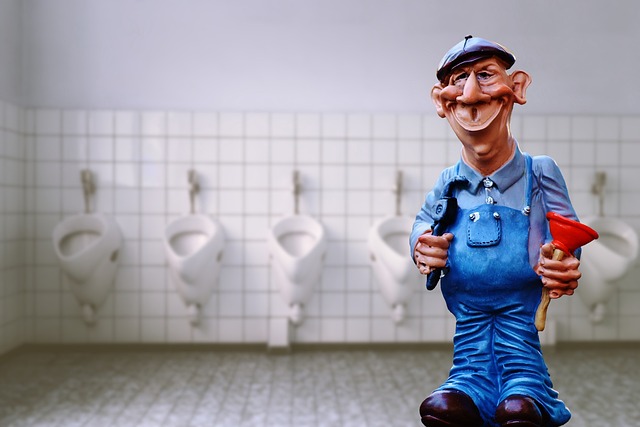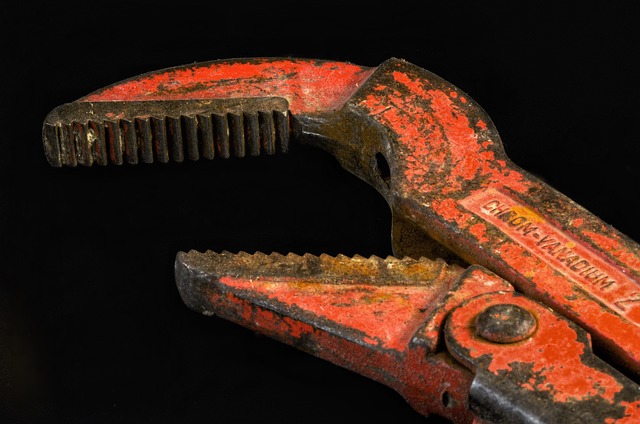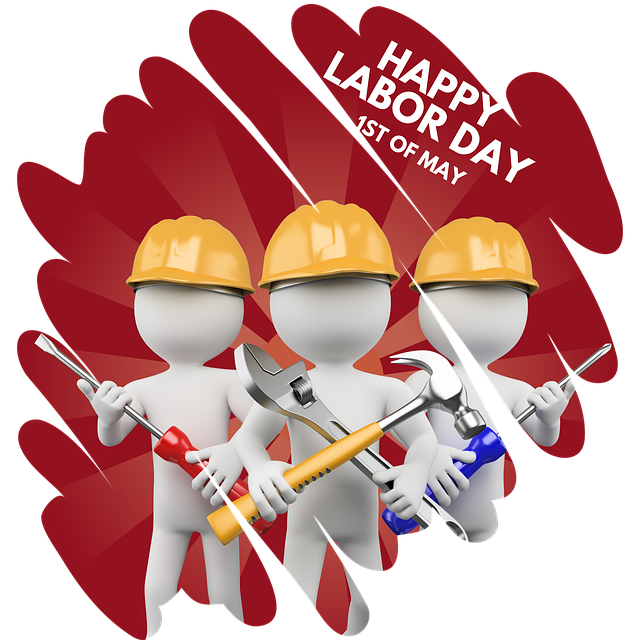Homeowners can typically handle minor garbage disposal issues like grinding noises or power problems, but complex issues require a skilled plumber for accurate repair and prevention of major breakdowns. Regular maintenance checks are crucial for smooth kitchen operation. For strange noises, slow drainage, or inactivity, professional intervention is recommended to diagnose and solve plumbing issues effectively and ensure code compliance.
Need your garbage disposal humming smoothly again? This guide covers everything from identifying common issues to calling a professional plumber. Learn how to fix problems at home with our step-by-step repair process, and know when expert intervention is necessary. Keep your kitchen running smoothly by understanding the most frequent garbage disposal troubles and effective DIY solutions.
- Identifying Common Garbage Disposal Issues
- Step-by-Step Repair Process for Homeowners
- When to Call a Professional Plumber
Identifying Common Garbage Disposal Issues

Many common garbage disposal issues can be easily identified and addressed by homeowners. One of the most frequent problems is a grinding noise, indicating a potential jam or mechanical failure. This issue often arises from foreign objects like bones, fruit pits, or plastic getting caught in the blades. Another typical sign is when the disposal doesn’t turn on at all, which could be due to a tripped circuit breaker, loose electrical connections, or water supply problems.
A skilled plumber can help diagnose and repair these issues, ensuring your garbage disposal operates smoothly again. Regular maintenance checks by professionals are recommended to prevent major breakdowns. Prompt action on these warning signs is crucial to avoid further damage and keep your kitchen functioning efficiently.
Step-by-Step Repair Process for Homeowners

Facing a jammed or malfunctioning garbage disposal can be frustrating for any homeowner. However, understanding the step-by-step repair process can save you time and money, eliminating the need to call a professional plumber. Start by shutting off the power to your disposal at the circuit breaker. Next, remove the cover from the disposal unit, exposing the impeller and grinding mechanism. Carefully examine these components for any signs of damage or debris buildup. Often, a simple cleaning with hot water and a brush can resolve issues caused by food particles or grease.
If the initial inspection reveals no clear issues, proceed to check the motor and power cord connections. Ensure these are securely attached and in good condition. In some cases, a loose connection or damaged wire may be the culprit behind unexpected shutdowns or erratic performance. Once you’ve confirmed proper connections, reattach the disposal cover and test the unit by turning on the power at the circuit breaker. If all components are functioning correctly, your garbage disposal should now operate smoothly once again.
When to Call a Professional Plumber

If your garbage disposal is making strange noises, draining slowly, or has stopped working altogether, it might be time to call a professional plumber. While DIY repairs can be tempting for minor issues, complex problems often require specialized knowledge and tools. A qualified plumber can diagnose the issue accurately, whether it’s a simple mechanical fault or a more intricate plumbing problem.
They have the expertise to handle various disposal models, ensuring they are installed correctly and up to code. Regular maintenance is key to preventing major disruptions, but when repairs become necessary, a professional is often the best course of action for effective, long-lasting solutions.
Regular maintenance and prompt action on minor issues can prevent costly repairs. While DIY methods offer a starting point, complex problems may require the expertise of a professional plumber. Knowing common disposal issues and when to seek help ensures your garbage disposal operates efficiently, maintaining kitchen hygiene.
